Visit a jeweller at least once a year to have your jewellery cleaned and checked. Don't wear your jewellery while doing heavy or rough work and avoid contact with gritty substances. Even though a diamond is durable, it can be chipped by a hard blow.CARING FOR YOUR JEWELLERY
Remove your jewellery when applying everyday lotions such as sunscreen and perfume. These can clog up your diamond and even penetrate some porous coloured gemstones. Don't let your jewellery come in contact with chlorine bleach or harsh chemicals when you are doing household chores.
Store each item of jewellery separately to avoid scratches. Keep chains fastened and lay them flat so that they don't get tangled up.
Make sure that your jewellery is insured. Most insurance companies can include your jewellery under your home insurance, but you can always opt to have it insured separately.
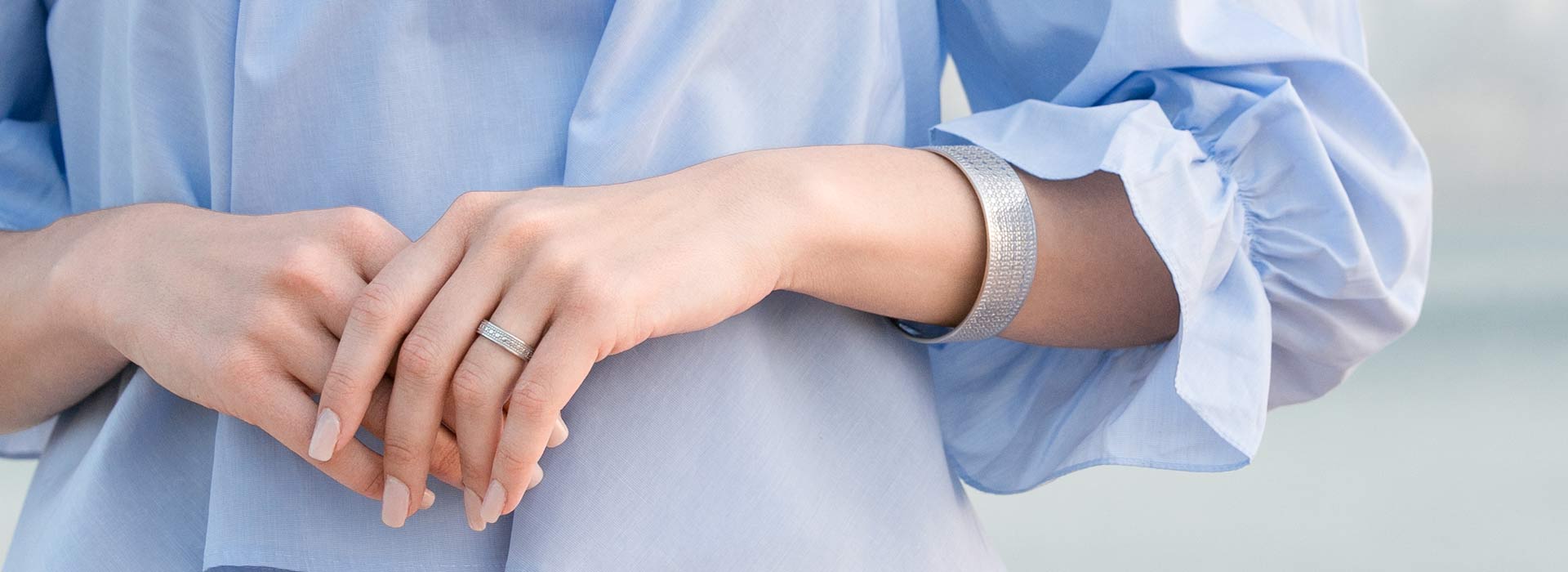
Clean your jewellery periodically. Gently rub platinum, gold and silver jewellery with a soft, clean cloth to maximise the shine. Diamond jewellery can be brought to life by careful cleaning with a soft brush and jewellery cleaning solution. Always rinse and dry them thoroughly after cleaning. Don't use abrasive cleaners on your jewellery.Cleaning Your Jewellery

Over time, platinum develops a natural patina that many people prefer over the 'as new' appearance. When this happens, you can have your jewellery refurbished to look like new again. ROX offers this service for a small charge.Platinum
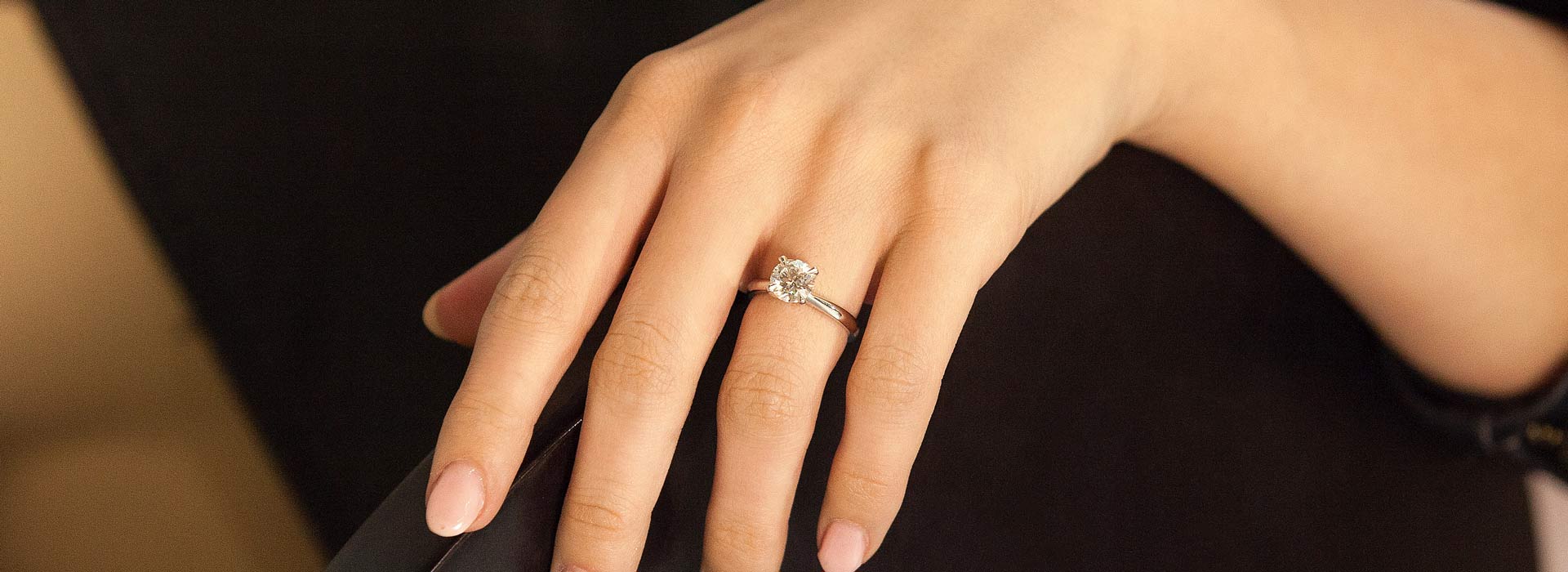
Pure gold is naturally yellow. It can be given a white appearance by mixing it with other base metals. All white gold jewellery is enhanced by rhodium plating to give a highly reflective appearance. General wear, polishing or buffing will eventually result in the rhodium plating being removed. This is normal for white gold. To maintain the highly reflective rhodium finish of white gold jewellery, we advise that you have it periodically refurbished to look like new again. Rox offers this service for a small charge.White Gold

Silver will tarnish over time. Regular cleaning and polishing will restore the original look of silver. Gentle rubbing with a non abrasive silver polishing cloth or a similar specialist silver wading, will restore the original brilliance of that surface. Silver is a soft precious metal so re-adjusting of clasps and fittings may be required. You should treat catches, links and stems on earrings with particular care.Silver
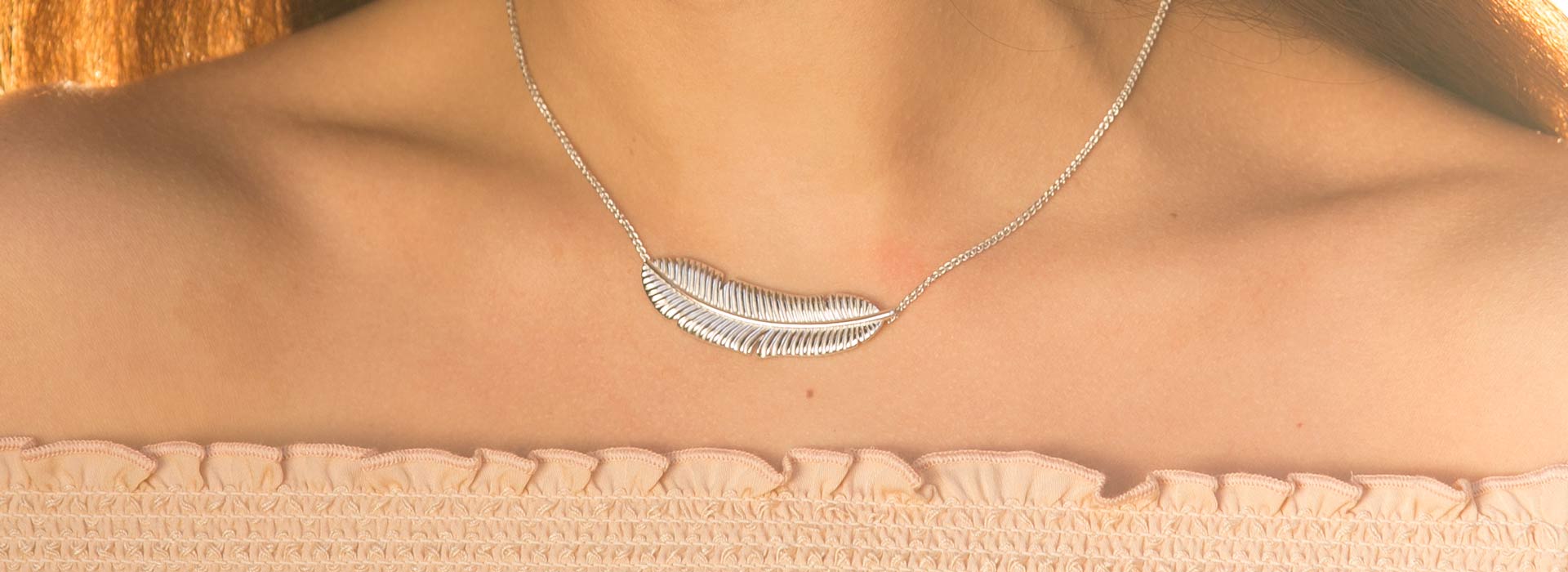
Tanzanite is a rare blue gem and a popular alternative to blue sapphire. It is mined commercially at only one location in Tanzania. HOW DURABLE IS TANZANITE? HOW DO I CLEAN MY TANZANITE CAN I HAVE MY TANZANITE RE-POLISHED IF IT GETS SCRATCHED? If your Tanzanite does get scratched, it can be restored to its former glory by having it polished up again to remove scratches and dullness. HOW SHOULD I STORE MY TANZANITE?Tanzanite
Tanzanite is a relatively recent discovery. Tiffany & Co named this blue-violet variety of zoisite in honour of Tanzania, where it was first unearthed in 1967.
Tanzanite gems with a strong-to-vivid blue, purplish blue and violetish blue colour are the most valuable. These rich colours are the most appealing to the majority of people shopping for Tanzanite.
Tanzanite is a birthstone for December.
Tanzanite is often regarded as a relatively delicate gemstone.
Tanzanite is a relatively “soft” gemstone in comparison to say diamond, the hardest. The toughness of gemstones is measured on the Mohs Scale. Tanzanite measures 6 to 7 on the Mohs Scale which rates its toughness as “Good”.
Tanzanite can scratch over time, especially if worn on a daily basis or if worn when performing physical activity.
Tanzanite is resistant to everyday heat, light and most common chemicals. Even so, your Tanzanite should not be exposed to sudden temperature changes or extreme heat and will corrode if exposed to very harsh chemicals such as hydrochloric acid.
Tanzanite can be mounted and worn in all forms of jewellery. The wearer just needs to be aware of the stones' “softness” and be cautious of rough wear and hard knocks. Heavy work such as gardening, household chores and trips to the gym should be avoided in your Tanzanite. More protective mountings are used to protect corners.
We strongly recommend that you insure your Tanzanite for accidental damage and loss.
Warm, soapy water is the best way to keep your Tanzanite clean, using an old soft toothbrush or such like to gently clean all around it, ensure you rinse well as the soapy water can dull the stone. Using a soft cloth can help “polish” off fingerprints etc. off the top of your stone. Avoid Ultrasonic and Steam Cleaning, as this uses high frequency vibration and high heat to clean the stones and this may affect the “cleavage” of your Tanzanite.
Always store your Tanzanite separately in a box, bag or pouch as this will stop it from rubbing against other items and getting scratched. Even pairs of Tanzanite earrings should be kept apart.
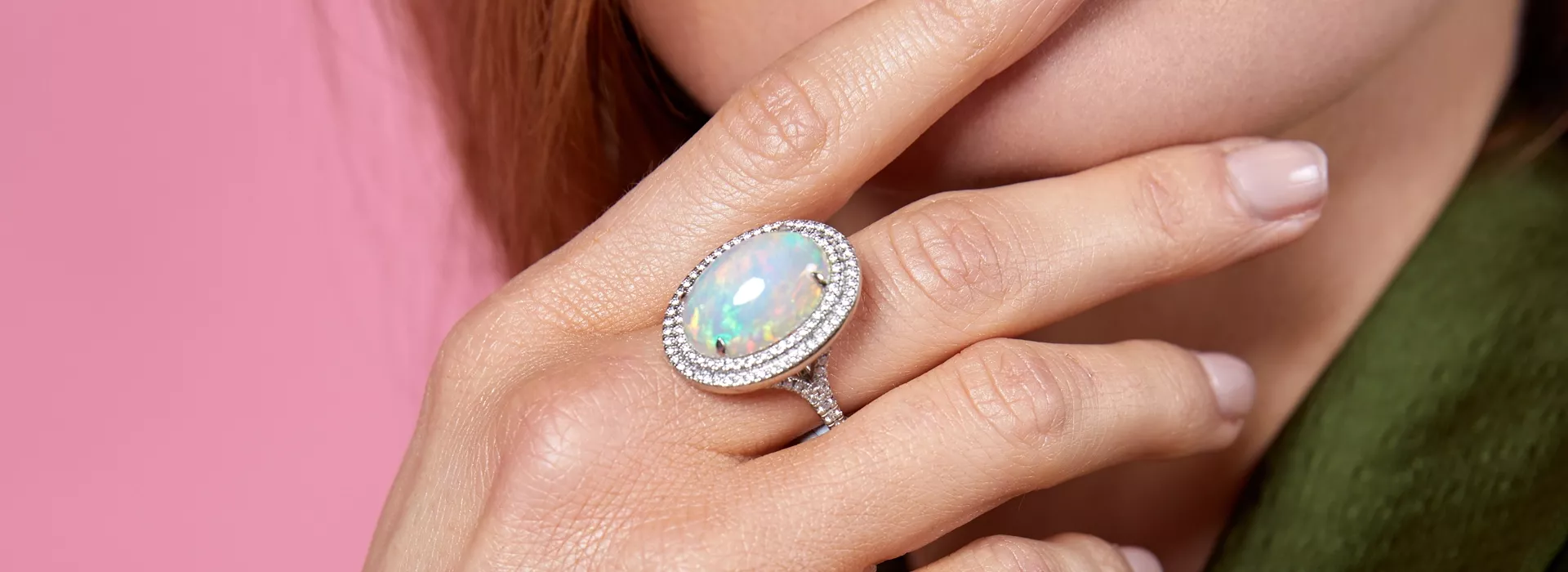
Keep Your Ethiopian Opals Away from Water and Liquids Do Not Expose Your Opals to Extreme Changes in Temperature Avoid Liquid Chemicals Around Your Ethiopian OpalsBecause of the opal's 'thirstiness', liquids like perfumes, soaps and cleaning products can stains your opals and change their colour. If that happens, try washing them with warm water and wiping with a soft cloth before allowing them to dry on their own. Never Use an Ultrasonic Cleaner or a Steamer Avoid Manual Labour when Wearing Your OpalsOpals
Ethiopian Opals are 'hydrophane', which makes them thirsty for water. If the opals come in contact with water, they will absorb it like a sponge. If the opals are left in water and allowed to soak it up, they may lose their fire temporarily and turn yellow or brown. But don't worry, the fire and colour will come back once the opals have fully dried, which can take a few minutes to weeks, depending on how much water they managed to absorb.
Opals are sometimes referred to as 'living gems' due to their ability to soak up liquids. Ethiopian opals handle gradual temperature changes well. So when drying an opal that has managed to soak up water and lose its fire, let it dry naturally. Do not try to speed up the process by placing the opals under a hot light or hair dryer.
A lot of jewellers use ultrasonic cleaners to clean gemstone jewellery. While some gemstones can withstand it, Ethiopian opals are more fragile and may crack. To clean your opals, simply wipe away with a soft cloth.
When wearing opal jewellery, you should remember its moderate hardness and toughness. It rates 5.5 to 6.5 on Moh's scale of hardness. This puts them below quartz (7) and emeralds (7.5 to 8) and above pearls and coral (3 to 4). This means that it is best to take off your opal rings and bracelets when doing manual work.
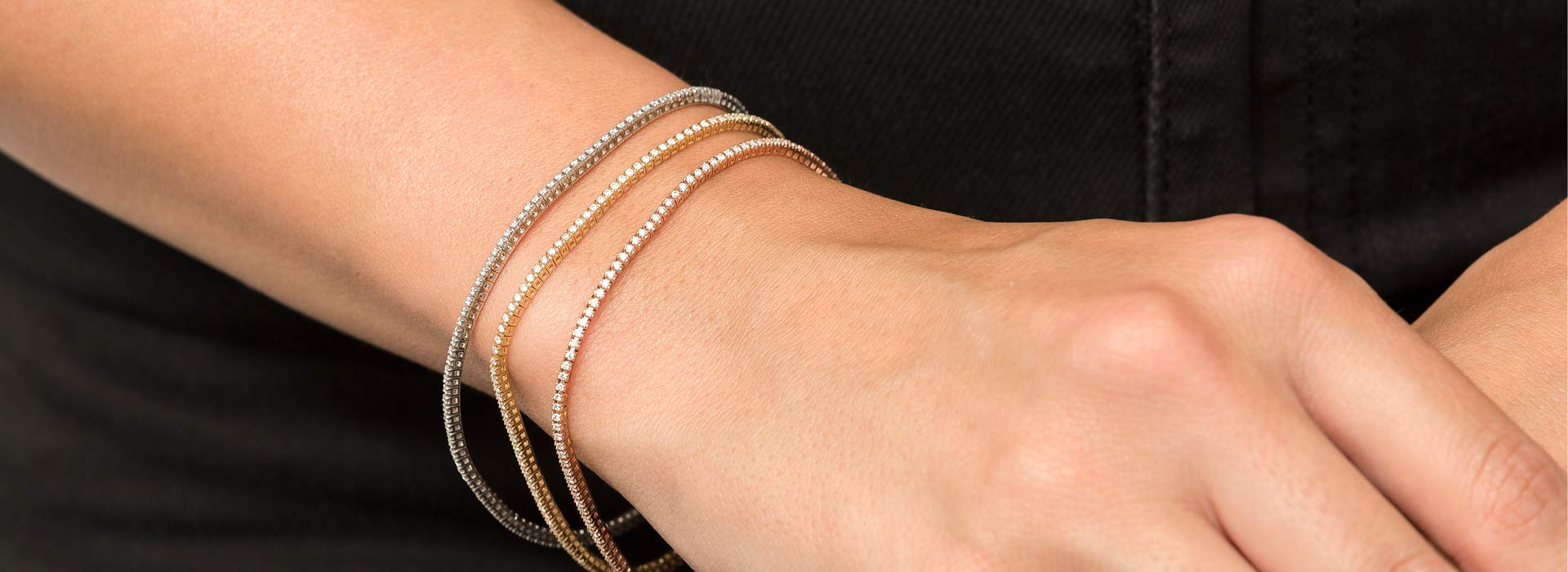
If you’re buying something beautiful, make sure you take care of it. Forever Precious allows you to insure any item of jewellery against being lost, stolen or accidentally damaged. It means we’ll repair or replace you’re item as quickly as possible, with the minimum of fuss. All you need to do is contact the store that issued the cover to make a claim. Arranging cover is simple and straightforward. With just one payment, you decide how long cover lasts- for one, three or five years. Forever Precious offers immediate cover for your new purchase so you’re protected from the moment you leave the store. Nothing more to pay and no penalties for claiming. Just complete peace of mind – inside the home and out, anywhere in the world.Jewellery Insurance
MAKING A CLAIM WHAT DOES FOREVER PRECIOUS NOT COVER?
If your item has been accidentally damaged then you should contact the store that issued your certificate. They will check your details with Affinity Brokers and advise you of the next steps.
If your item has been lost or stolen, then you should report this to the Police within 24 hours and obtain a lost property/crime reference number. You should then contact the store that issued your certificate. They will check your details with Affinity Brokers and advise you of the nest steps.
HOW DO I APPLY FOR FOREVER PRECIOUS INSURANCE COVER? If you are buying jewellery or a watch today, please ask your sales consultant to arrange Forever Precious Insurance Cover for you. If you would prefer to give the matter some thought and/or have other jewellery that you might wish to insure then you can arrange cover at any time by calling Affinity Brokers on 0345 643 1387.
MAKING A COMPLAINT
Our aim is to provide you with the best possible service at all times. However if you are unhappy with any aspect of your insurance cover then in the first instance you should contact Affinity Brokers.
OTHER USEFUL INFORMATION
You must be aged 18 or over and a UK resident to take out Forever Precious Insurance Cover.
You have the right to cancel your insurance within 30 days of buying it and will receive a full refund of any premiums paid provided you have not made a claim.
Forever Precious is underwritten by Lloyds of London Underwriters namely Syndicate 1209 XL London Market LTD, one of the largest general insurance companies.
If your item is insured for an amount over £5,000 you must take it to a jeweller for an inspection at least every two years, and obtain proof of the inspection, in order to make a successful claim.
Please keep your purchase receipt (or ‘valuation certificate’ if your policy stated more than 12 months after you purchased your insured item) in a safe place as you will be asked to produce it if you need to make a claim.
We reserve the right to refuse any application for cover through Forever Precious.
You should endeavour at all times to take good care of your insured item of jewellery and follow the manufacturer’s instructions where applicable.
Click here for the full Terms and Conditions of Forever Precious.





















